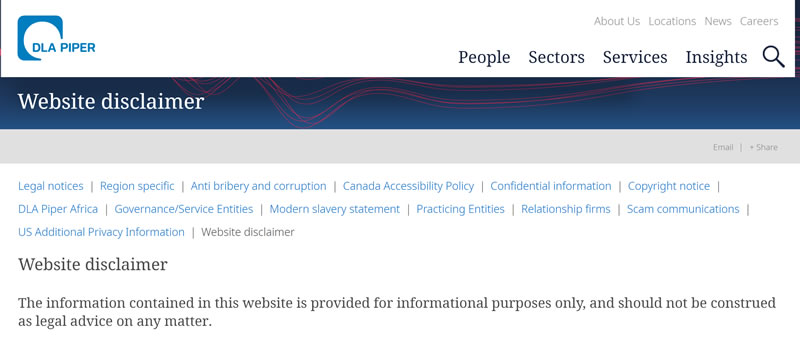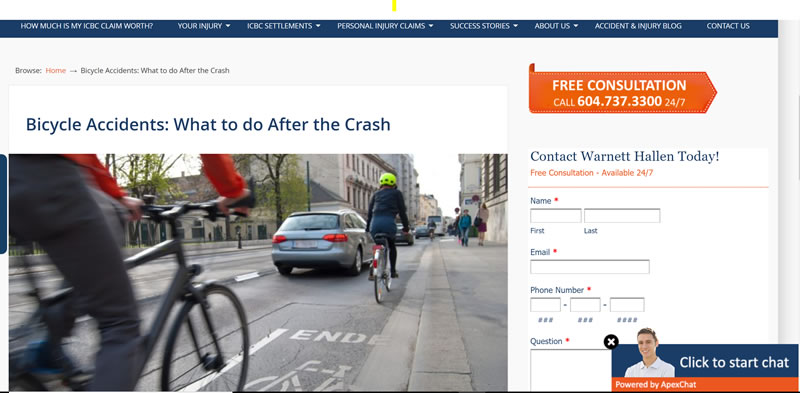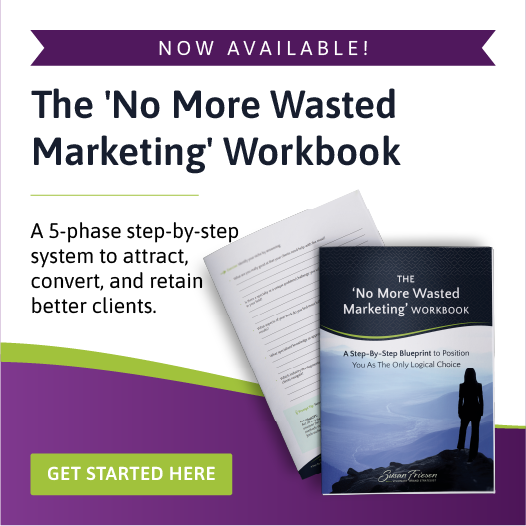5 Tips for Law Firm Blogging
You want current and potential clients to find your website, get all the info they need and choose your products or services over your competitors’.
If you’re in the legal field, it can be trickier to do this. You want to provide your potential clients with specific resources, but you don’t want to get sued!
And if you’re a business owner who wants to provide valuable insights to your blog readers regardless of the industry you’re in, keep reading as this may pertain to you too!
From a legal standpoint, giving advice online is practicing of law.
From a legal standpoint, giving advice online is practicing of law.Click To TweetOnly a licensed attorney may give it, and he or she must have formed an attorney-client relationship with whomever they’re giving it to. It’s dangerous to give your website visitors the impression that an attorney-client relationship was formed.
That’s the challenge: you can’t let people who land on your site think you’ve entered into an attorney-client relationship. But you want to provide them with targeted resources so that they choose you as an attorney.
The answer is to give information rather than counsel, which is specific and relates to the circumstances of an individual case. Information is hypothetical and could relate to many different cases.
Here are some examples of ways to communicate with people without risking a lawsuit:
- Provide free information on your site that doesn’t tell people what to do.
Blog about the minimum income requirement for parent and grandparent sponsorship on your immigration attorney website, or about new harsher penalties for distracted driving if your specialty is car accidents. - Look at recent news when you are blogging.
For example, if you’re an intellectual property lawyer, create content around patent issues involving artificial intelligence (AI). Show people you stay on top of relevant events in your industry and of course, add a call to action about how your firm can solve your reader’s problem. - If you’re hiring a freelance writer to create your articles, look for an expert blog writer in your field.
It will probably cost you more than hiring a blogger who writes about a variety of topics, but it’s worth it. These writers know the distinction between counsel and info and understand how to give people what they’re looking for without risking a lawsuit. - Don’t forget your About and FAQ pages.
Research shows that the About page is the 2nd-most visited page on a lawyer’s website (after the homepage).
Chances are, you hear many of the same questions again and again. Why not turn them into an informative FAQ page where people can find answers to the questions they’re probably asking?
These two pages are where you can really show clients your skills and expertise. - Have a disclaimer on every page of your website. This is a key part of law firm blogging.
Something like “This content is for informational purposes only and does not constitute giving legal advice.” Make it crystal clear to your audience that you’re providing resources, not opinions.
Remember who you’re writing for. Don’t pack your posts with industry jargon. Give people easy-to-understand info or you’ll drive prospective clients away.
Also, keep in mind that your audience is likely stressed out, angry or upset about a divorce, accident or impending lawsuit. The simpler you make it for them to understand your services, the better your odds are of converting them into clients.

It can be a difficult balance to offer what your audience needs and to avoid ramifications while doing so. However, you can still build a valuable, informative website that will land you clients.
Keep these five tips in mind when you’re creating your content to make it easier to reach your target market and to stay on the right side of the law!
Blogging is important, and so is social media, no matter what field you’re in. I can help you create an effective social media strategy, set up accounts on various platforms and manage the day-to-day posting and reporting so you don’t have to. Contact me today to find out more.
To your business success,
Susan Friesen
P.S. If you liked the article, you might want to subscribe to our newsletter. We publish tons of valuable content to help you learn more about marketing, and subscribing is the best way to ensure you don’t miss out. Additionally, if you’d like to learn more about creating a successful and profitable website, while avoiding costly mistakes, click here for our free report on the 6 Critical Steps to Creating a Successful and Profitable Website.







